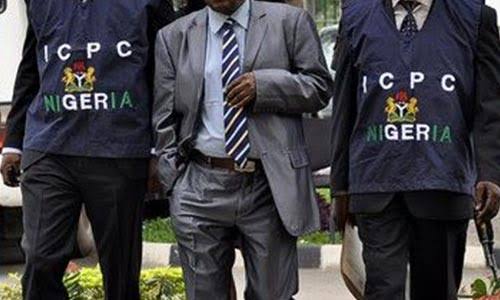The Independent Corrupt Practices and Other Related Offences Commission (ICPC) has called for better negotiation skills in curbing illicit financial flows.
Illicit financial flows (IFFs) are illegal movements of money or capital from one country to another for various reasons.
The call was made by Bolaji Owasanoye, ICPC chairman in his opening remarks at the commission’s two-day workshop on mitigating illicit financial flows, according to a statement by Azuka Ogugua, ICPC spokesperson.
The workshop, themed ‘Capacity building for Nigeria’s negotiators for improved terms of engagement with the rest of the world’, was recently held at the commission’s headquarters in Abuja.
Owasanoye said globalisation has made interactions with diverse global communities inevitable.
However, he said the rules of engagement are typically unfavourable to poor economies of the global south who lack the development and technological advancements of the global north.
“This has often led to poorly constructed trade agreements which have ultimately been disadvantageous to the growth of the country and also opened loopholes to encourage illicit financial flow,” he said.
Owasanoye illustrated the archaic practice of European superpowers using their military might to cohesively reach a one-sided agreement with economic “minions”.
The “gunboat diplomacy”, he said, eventually forced nations without capacity to depend on imperialists for raw materials and overseas markets.
“This inimical approach was eventually countered by the Hague Convention (No 2) Respecting the Limitation of the Employment of Force for the Recovery of Contract Debts of 1907 and then replaced by diplomatic protection whereby states exchanged notes on how investors should be treated by other governments,” he said.
The ICPC boss outlined several reasons why there was a need to focus on capacity building to improve negotiation skills especially in the trade and investment sector.
“Nigeria requires trade and investment to grow the economy. To attain this desire, we must have the potential to harness capital and technology in a manner that is not inimical to development,” he said.
Also speaking at the event, Adeyemi Dipeolu, chairman, inter-agency committee on stopping illicit financial flows (IFFs) from Nigeria, said “the consequences of poor negotiations can range from paying twice as much as your neighbour for the same item to costing your country a billion dollars in a mining concession.”
Meanwhile, ICPC said participants for the workshop were drawn from middle level officers in public sector agencies that undertake negotiations due to the range of issues addressed in the workshop.

